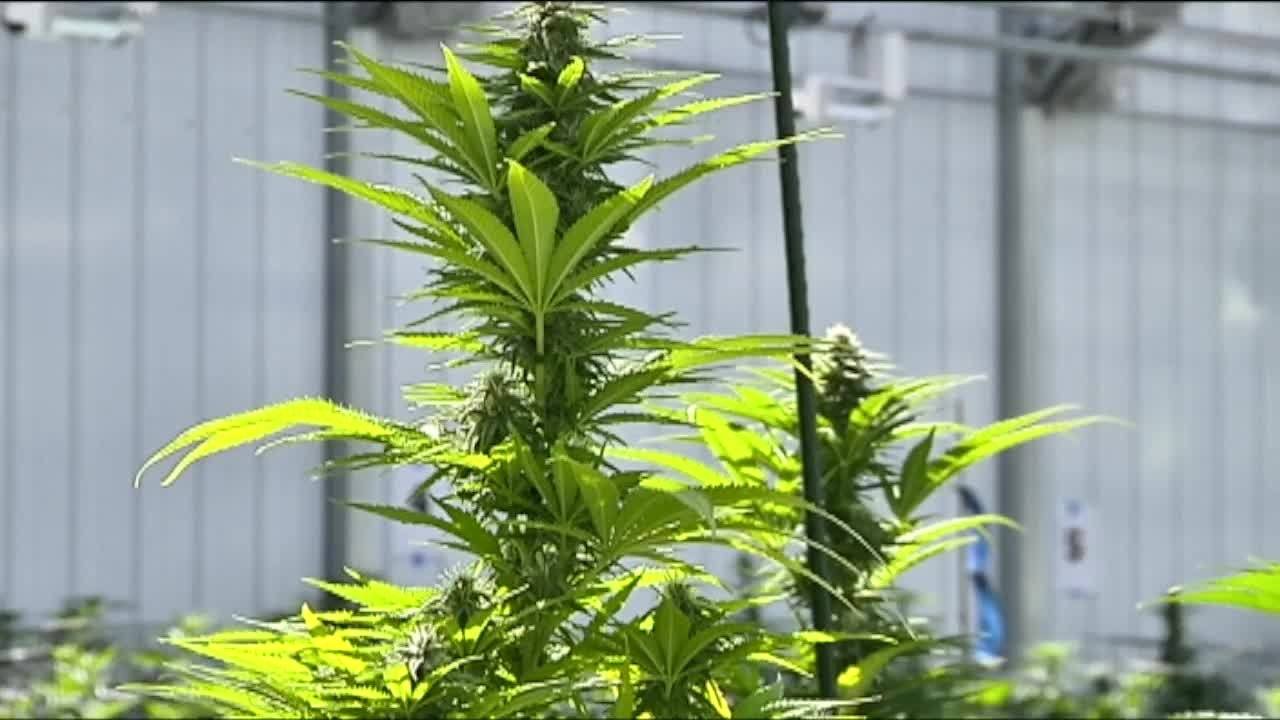AUSTIN — The Texas Senate has approved a bill to expand the state’s medical marijuana program, increasing access for patients with conditions like chronic pain and post-traumatic stress disorder (PTSD). The legislation, House Bill 46, passed unanimously with a 31-0 vote on Tuesday.
Senator Charles Perry, the bill’s sponsor, emphasized that the expansion aims to ensure that more Texans can access the treatment they need. The bill comes in the wake of a proposed ban on unregulated retail hemp-based THC products, which has drawn criticism from veterans and others who rely on these products for relief.
Governor Greg Abbott now faces a decision on the proposed THC ban, which has caused significant backlash among veterans and advocates who argue that these products provide essential support when the medical marijuana program falls short. Abbott has until mid-June to decide whether to veto the legislation, sign it, or allow it to become law without his signature.
During a press conference, Lieutenant Governor Dan Patrick criticized the hemp stores that opposed the ban and claimed that unregulated THC products pose risks to public safety. He argued that the bill aims to remove unsafe products from the market, highlighting the need for regulation in the industry.
The approved expansion bill will add terminal illness and chronic pain to the list of qualifying conditions for the medical marijuana program, which currently includes PTSD. However, it removed a provision that would have allowed any military veteran to access the program, regardless of their diagnosis, if their doctor believed it could help.
Additionally, the legislation increases the number of medical marijuana dispensaries in Texas from three to twelve, promoting competition and potentially lowering prices. It will also permit 90-day prescriptions with up to four refills, a significant shift from the current rules, which require patients to return for new prescriptions more frequently. Higher-concentration doses of cannabis will be allowed, enabling patients to consume less while still receiving effective relief.
The bill also introduces the option for products to be inhaled through vaporizers, or consumed as edibles, oils, or suppositories. New satellite storage facilities will be established, allowing dispensaries to store products off-site, thereby reducing costs associated with transportation and enhancing accessibility for patients.
Despite the progress represented by this bill, the Texas medical marijuana program remains one of the least expansive in the United States, with only around 20,000 registered users after a decade in operation. Other states have broader programs that include more qualifying conditions, such as anxiety and depression.
Senator Roland Gutierrez, a proponent of expanding marijuana laws, expressed hope that this legislative effort could lead to a more robust legal cannabis market in Texas. He acknowledged the challenges posed by unregulated THC products but believes that the expansion of the medical program is a necessary step forward.
The bill now returns to the House, where lawmakers will decide whether to accept the Senate’s modifications or convene a conference committee to negotiate further changes. The discussions surrounding both the expansion of medical marijuana access and the proposed ban on unregulated THC products highlight the ongoing debate over cannabis regulation in Texas.




